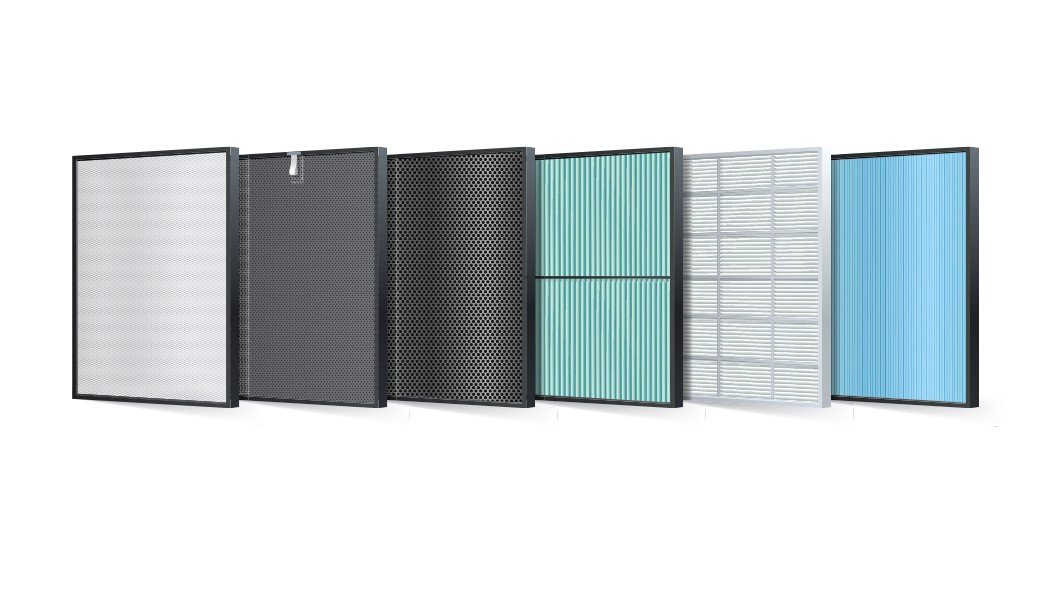Clean air filters play a crucial role in maintaining the quality of indoor air. When air filters are free of dust, pollen, and other particles, they can effectively capture airborne contaminants. This not only improves the airflow in your home or office but also reduces the risk of respiratory issues caused by poor air quality.
One of the main benefits of clean air filters is their ability to enhance the efficiency of your heating and cooling systems. When filters are clogged with dust and debris, they force these systems to work harder, leading to increased energy consumption and higher utility bills. By regularly replacing or cleaning your air filters, you help your HVAC system run more efficiently, which can save you money in the long run.
Another significant advantage of maintaining clean air filters is the positive impact on your health. Airborne contaminants such as allergens, bacteria, and mold can trigger allergic reactions and respiratory problems. By using air filters designed to capture these harmful particles, you can create a healthier living environment for you and your family. Regularly checked and replaced air filters ensure that your home remains a safe space free from unwanted pollutants.
Additionally, clean air filters can prolong the lifespan of your HVAC equipment. When air filters are clogged, they can cause strain on the system, leading to potential breakdowns and costly repairs. By investing time in maintaining clean air filters, you not only protect your health but also safeguard your equipment from premature wear and tear, allowing it to operate at its best for years to come.
How Filters Remove Airborne Contaminants
Air filters play a crucial role in maintaining clean and healthy indoor air. They work by trapping airborne contaminants, which can include dust, pollen, pet dander, mold spores, and even bacteria. When these filters are properly installed and maintained, they can significantly reduce the amount of pollution in the air we breathe. Understanding how air filters work can help us appreciate their importance in our homes and offices.
The basic principle behind air filters is simple: air is drawn through a filtering medium that captures and holds various particles. This medium can be made from a range of materials, including fiberglass, synthetic fibers, or activated carbon. As air passes through the filter, larger particles are physically trapped in the fibers, while smaller particles may adhere to the surface due to electrostatic charges. This process effectively removes a wide range of airborne contaminants, improving the overall air quality.
Different types of filters tackle air filters contaminants in various ways. For example, HEPA (High Efficiency Particulate Air) filters are designed to capture 99.97% of particles that are 0.3 microns or larger. This makes them incredibly effective for allergens and other small particles. On the other hand, activated carbon filters focus on adsorbing odors and volatile organic compounds (VOCs) from the air, which are not necessarily particles but still impact indoor air quality.
To reap the full benefits of air filters, regular maintenance is essential. Clogged filters can reduce airflow and increase the strain on your HVAC system, leading to inefficiencies and higher energy bills. Replacing or cleaning filters as recommended ensures that they continue to remove airborne contaminants effectively, providing a fresher and healthier environment for you and your family. Choosing the right type of filter for your specific needs can make all the difference in maintaining optimal air quality.
Choosing the Right Air Filter
One of the most popular options is HEPA (High-Efficiency Particulate Air) filters. These filters are designed to capture a wide range of particles, including dust, pollen, and pet dander. If you're concerned about allergens or have respiratory issues, investing in HEPA filters can be a game-changer. Ensure the filter you choose has a high MERV (Minimum Efficiency Reporting Value) rating, indicating its ability to trap airborne contaminants efficiently.
Another option is activated carbon filters, which excel at removing odors and harmful gases. If your main concern is volatile organic compounds (VOCs) from everyday products like cleaning supplies and paints, an activated carbon filter can complement your HEPA filter effectively. Combining these two types of air filters can significantly improve indoor air quality by targeting both particles and gases that may pose health risks.
Lastly, consider the size and compatibility of the air filters you choose. Not all filters fit every HVAC system, so it's essential to check the manufacturer's specifications before making a purchase. Regularly replacing your air filters is also key to maintaining their effectiveness in combating air filters contaminants.
Tips for Maintaining Air Filters
Maintaining your air filters is essential for ensuring they effectively remove airborne contaminants. A clean air filter not only improves air quality but also helps your HVAC system operate more efficiently. Here are some simple tips to help you keep your air filters in great shape.
First, check your air filters regularly. Depending on the type of filter you have, you should inspect them at least once a month. Look for signs of dirt buildup and consider replacing them if they appear clogged. Remember, air filters contaminants can accumulate quickly, especially if you have pets or live in an area with high pollen levels.
Second, consider using a filter with a higher MERV rating. Filters with a higher Minimum Efficiency Reporting Value (MERV) capture smaller particles, reducing the number of airborne contaminants in your home. However, make sure your HVAC system can handle the increased filtration; otherwise, you might restrict airflow and decrease efficiency.
Lastly, keep your home clean and dust-free. Regularly vacuum and dust surfaces to minimize the amount of dust and allergens that can make their way into your air filters. The less dirt that enters your system, the longer your filters will last and the fewer airborne contaminants you’ll have to deal with.
